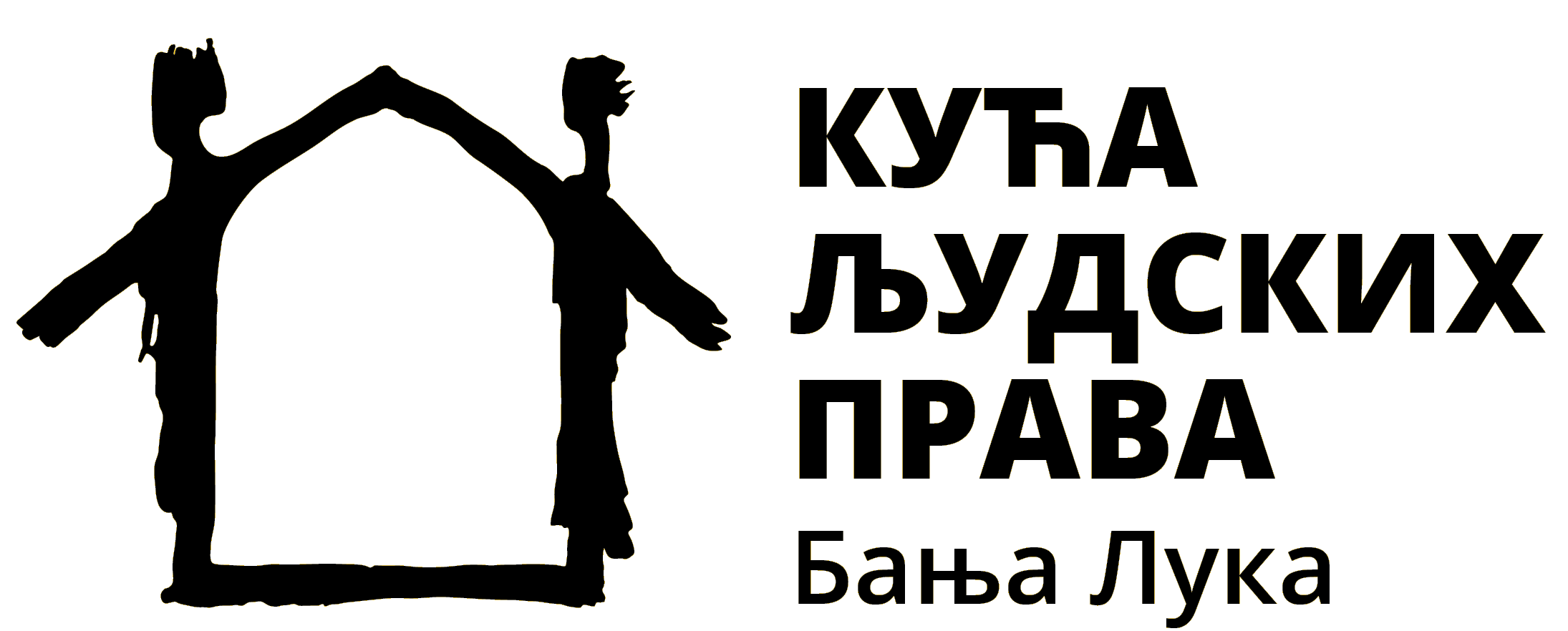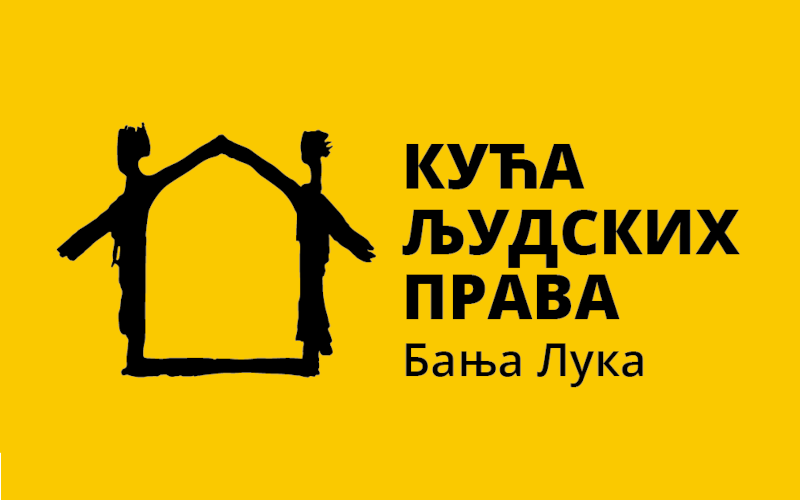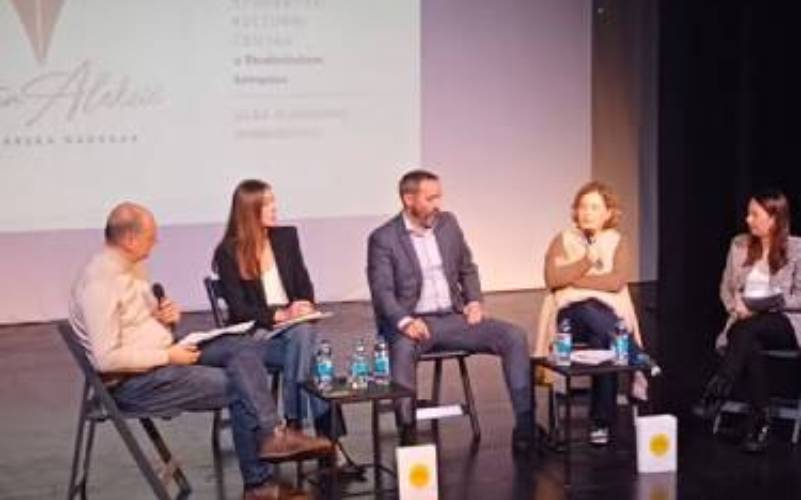Life in the local community is the right of all people, including persons with disabilities. However, in Bosnia and Herzegovina this right is denied or significantly violated to a large number of its citizens. Persons with disabilities are part of the population that is at the greatest risk of exclusion from the community.
Through this Analysis, the authors dealt with the topic of the right to live in the community of persons with disabilities from the point of view of the deinstitutionalization process. The analysis was conducted within the project “Communities of Different but Equal Citizens” implemented by the Organization of Amputees “Udas” Banja Luka in partnership with the Helsinki citizens’ Assembly Banja Luka and the association of citizens “Nešto Više” from Sarajevo, which was supported by the European Commission. It was created in the period from May 2020 to October 2020.
The analysis is dedicated to all persons with intellectual disabilities in BiH, as the most marginalized part of the population that is at the greatest risk of institutionalization and violation of the right to live in the local community with practical support based on personal choices and wishes.
The key terms that the analysis deals with are institutionalization, deinstitutionalization and prevention. In this introductory part, these key terms essential for understanding the right to live in the community for persons with disabilities are explained and supported by data.
According to the data of the Agency for Statistics of BiH, and the results of the 2013 Census, out of slightly more than 3.5 million inhabitants in BiH, the number of persons with disabilities is almost 300 thousand or 8.3% of the country’s population.
Institutionalization of persons with disabilities as a practice represents one of the most serious forms of isolation and a path that excludes a person from society and completely distances from the right to live in the community. With the Covid 19 pandemic, the effects of social exclusion and isolation on quality of life and mental health have become real and tangible for most people.
Despite significant developments in this area in the past decades, this practice, unfortunately, still prevails in BiH and many other countries. According to data from the Institution of the Human Rights Ombudsman, over 3,000 persons have been institutionalized in BiH through their placement in closed institutions, and the number of persons at risk of institutionalization is many times higher. According to data from the European Commission, over a million people have been institutionalized throughout Europe.
Deinstitutionalization represents the process of transition from the practice of institutional care to services and support programs for life in the local community. The process arose as a need for an adequate response to the long-outdated and segregating practice of caring for people with disabilities in asylum-type institutions. The ultimate goal of the deinstitutionalization process is the establishment of a system aimed at supporting people with disabilities in achieving and maintaining an optimal level of independence and social participation, taking into account personal factors, environment and expectations. In such an established system, a person has access to various support services that provide him/her with opportunities and choices to decide for himself/herself about all important aspects of his/her own life.
Through the analysis of the degree of development of the deinstitutionalization process, the level of the right to live in the community for persons with disabilities can be measured. The entire process of deinstitutionalization is divided into three interconnected parallel processes:
- deinstitutionalization – return of persons from institutions to the local community,
- prevention and development of support services in the local community, and
- transformations – reduction of asylum-type accommodation capacity.
Prevention is an important part of the deinstitutionalization process. Research shows that only up to 10% of institutionalized children are orphans. Most of them have a family, and the reasons for separation from the family circle and institutionalization are related to poverty or lack of support in the local community. This means that separation can be prevented with adequate support. In a similar way, inadequate living space, inaccessible environment and lack of appropriate support services in their own home, but also domestic violence, abuse and neglect can force many persons with disabilities to leave their homes and local community and move to asylum-type institutions where they usually stay until the end of their life. On the other hand, indicators show that the support needed to avoid institutionalization is often minimal.
The process of deinstitutionalization in developed European countries has been present for half a century, but it is still not finished. In BiH, this process has only been started to be dealt with more seriously in the last ten years, with modest results achieved in practice so far.
The analysis is available here.



